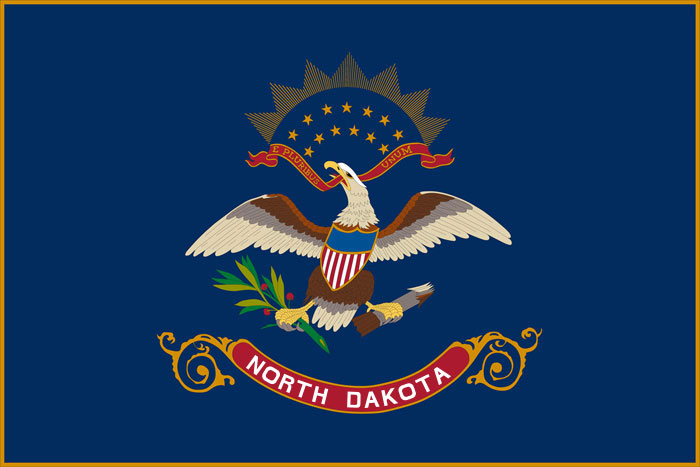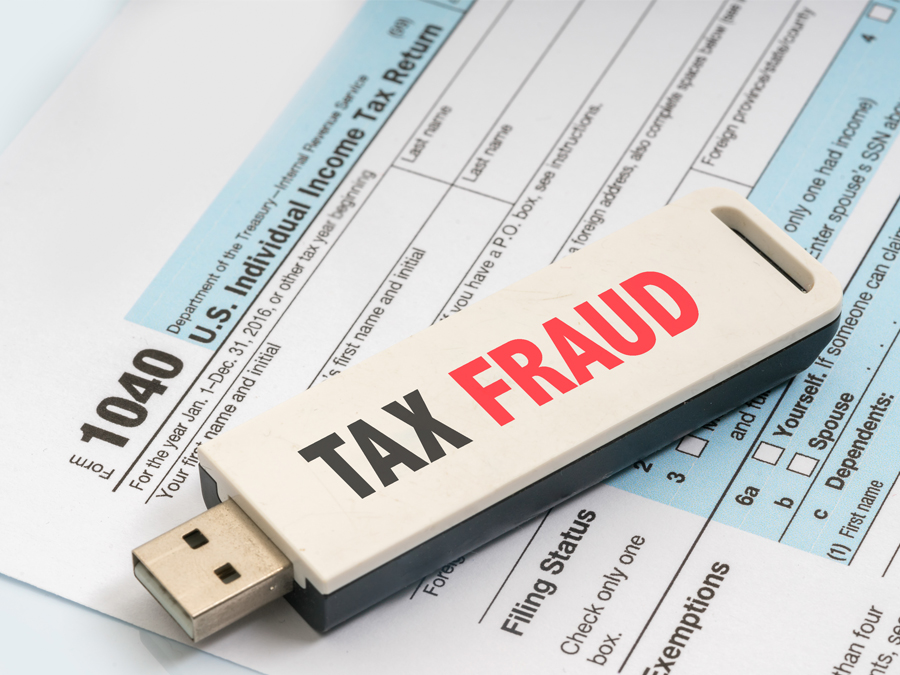No longer can we count on the scams being easy to spot. In fact, some of the most technically aware people out there have reportedly been victims of such schemes, including Facebook’s Mark Zuckerberg. This is because the criminals are getting better and better at making the messages believable.
Just remember a few things:
- The IRS does not initiate contact with taxpayers via email or telephone. They will start with a written letter sent via the U.S. Postal Service.
- If there is a claim that you will be arrested, owe a bigger fine, or your accounts will be locked if you don’t click something immediately, it’s likely a scam. The IRS will give you time to appeal a fine or contact them to make payment arrangements before assessing a penalty.
- If you do click on a link and then a box pops up asking for more information, don’t enter anything. Often, these will want administrator access and if you enter in your computer’s or device’s password, they will have it and can do all kinds of nefarious things such as install malware that can spy on you to steal login credentials for your banking accounts.
- If it’s a recorded call, it’s probably a scam. Don’t call the number they provide. Instead, go to the IRS website and find contact numbers there. This goes for information provided in email. Don’t just reply. Pick up the phone and contact the IRS from a number off its website.
- IRS agents will not ask for payment card information via the telephone or in email or on a form that pops up after you click a link or attachment.
Be on the lookout for voicemail and email messages phishing for information for the next few weeks and months as Tax Day passes. Remember if it sounds urgent and threatening, it’s likely a scam. Just don’t click links or attachments. Make sure your anti-virus software is updated and that all your device’s patches are up-to-date as well and you can let that dreaded date pass by without a worry.
© Copyright 2018 Stickley on Security Inc.
 An official website of the State of North Dakota
An official website of the State of North Dakota
